Ozzy Osbourne: Black Sabbath Frontman Who Defined Heavy Metal on Paranoid & Blizzard of Ozz
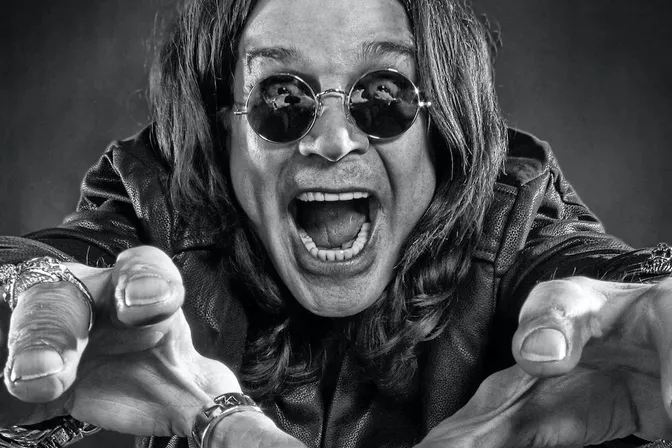 Photo Credit: Ozzy Osbourne's Public Facebook Page
Photo Credit: Ozzy Osbourne's Public Facebook Page Ozzy Osbourne fronted Black Sabbath from 1968 to 1979, got fired, and then made some of the defining heavy metal records of the 1980s with a series of guitarists — Randy Rhoads, Jake E. Lee, Zakk Wylde — who were all completely different from each other. What follows is the full studio history: producers, studios, gear, album by album.
The Black Sabbath Years (1968-1979)
Ozzy’s recording career began with Black Sabbath, pioneering the heavy metal genre and setting the stage for his future solo work.
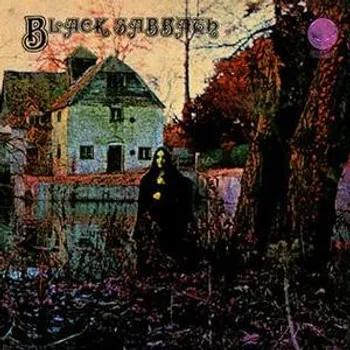
Black Sabbath (1970)
- Producer: Rodger Bain
- Recorded: October 16, 1969
- Location: Regent Sound Studios, London
- Equipment: 8-track recorder, minimal overdubs
- Technique: Live-in-studio recording to capture the band’s raw energy
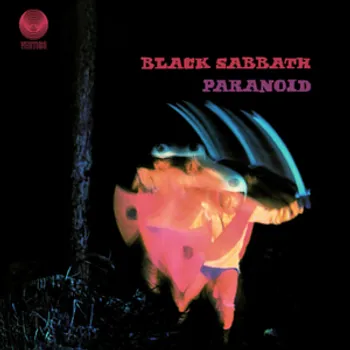
Paranoid (1970)
- Producer: Rodger Bain
- Recorded: June 1970
- Location: Regent Sound Studios and Island Studios, London
- Equipment: 16-track recorder
- Technique: More overdubs used, but still primarily live recording
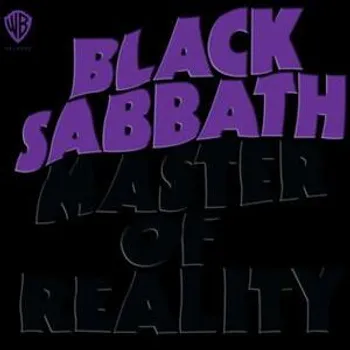
Master of Reality (1971)
- Producer: Rodger Bain
- Recorded: February-April 1971
- Location: Island Studios, London
- Equipment: 16-track recorder
- Technique: Experimented with drop tuning to C# for a heavier sound
The Solo Career Begins (1980-1986)
After leaving Black Sabbath in 1979 — or being fired, depending on who’s telling the story — Ozzy put together a band with a young guitarist named Randy Rhoads and recorded two albums that redefined what a metal guitar player could sound like.
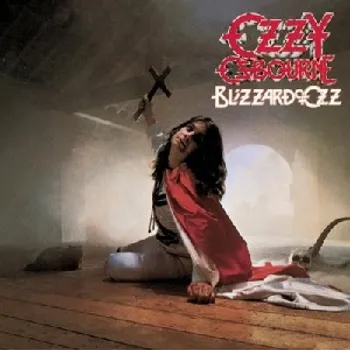
Blizzard of Ozz (1980)
- Producer: Max Norman
- Recorded: March-April 1980
- Location: Ridge Farm Studio, Surrey, England
- Equipment: 24-track analog recorder, SSL console
- Technique: Extensive use of overdubs and layering for a fuller sound
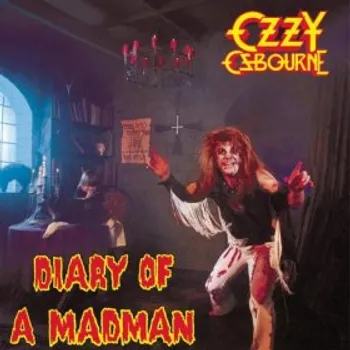
Diary of a Madman (1981)
- Producer: Max Norman
- Recorded: February-March 1981
- Location: Ridge Farm Studio, Surrey, England
- Equipment: Similar to Blizzard of Ozz
- Technique: More complex arrangements and guitar layering
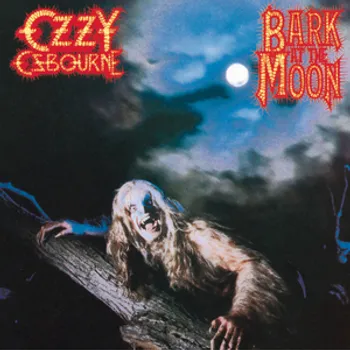
Bark at the Moon (1983)
- Producer: Bob Daisley
- Recorded: Spring 1983
- Location: Ridge Farm Studio, Surrey, England
- Equipment: 24-track analog, early use of digital effects
- Technique: Incorporated more synthesizers and electronic elements
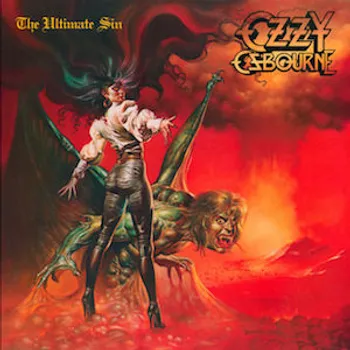
The Ultimate Sin (1986)
- Producer: Ron Nevison
- Recorded: 1985
- Location: Cherokee Studios, Los Angeles
- Equipment: SSL console, early digital recording techniques
- Technique: Polished, radio-friendly production with emphasis on big choruses
The Rise of Zakk Wylde and Bob Rock (1988-1995)
This era saw Ozzy collaborating with young guitar virtuoso Zakk Wylde and working with renowned producer Bob Rock.
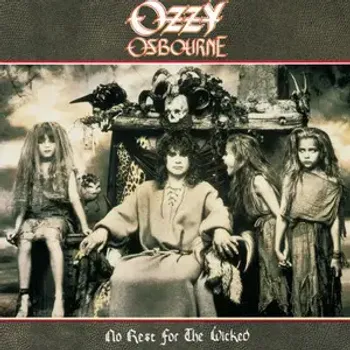
No Rest for the Wicked (1988)
- Producer: Roy Thomas Baker, later replaced by Keith Olsen
- Recorded: January-March 1988
- Location: Puk Recording Studios, Denmark
- Equipment: SSL console, Studer A800 tape machine
- Technique: Focused on capturing Zakk Wylde’s guitar tone

No More Tears (1991)
- Producer: Duane Baron, John Purdell
- Recorded: 1991
- Location: Various studios in Los Angeles
- Equipment: Digital recording, extensive use of MIDI
- Technique: Blended hard rock with more melodic elements
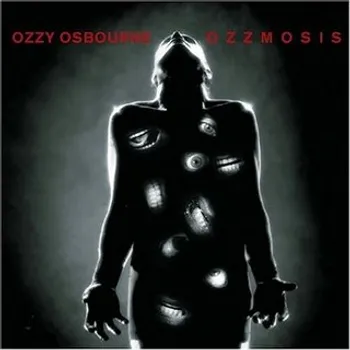
Ozzmosis (1995)
- Producer: Michael Beinhorn
- Recorded: 1994-1995
- Location: Guillaume Tell Studios, Paris; Right Track Studios, NYC
- Equipment: Mix of analog and digital recording
- Technique: Experimented with different guitar tones and arrangements
The Ozzfest Years and Beyond (1997-2010)
As Ozzy became increasingly involved with his Ozzfest tour, his album releases became less frequent but no less impactful.
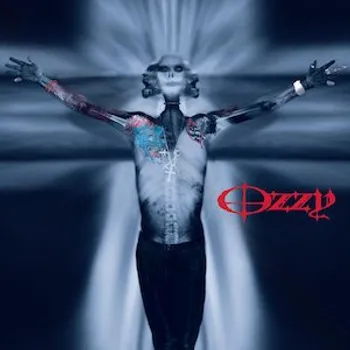
Down to Earth (2001)
- Producer: Tim Palmer
- Recorded: 2000-2001
- Location: Henson Recording Studios, Los Angeles
- Equipment: Pro Tools digital recording system
- Technique: Incorporated modern rock production techniques
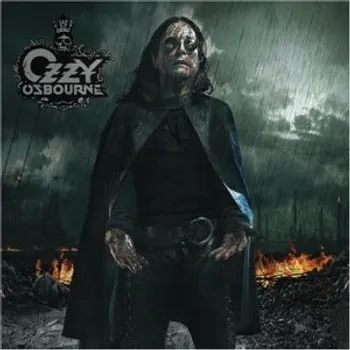
Black Rain (2007)
- Producer: Kevin Churko
- Recorded: 2006-2007
- Location: Churko’s home studio in Las Vegas
- Equipment: Fully digital recording using Pro Tools
- Technique: Heavy use of digital editing and modern metal production
.CIiMMrAJ_Z2wNiKb.webp)
Scream (2010)
- Producer: Kevin Churko
- Recorded: 2009-2010
- Location: Churko’s The Hideout Recording Studio, Las Vegas
- Equipment: Pro Tools, extensive digital processing
- Technique: Blended classic Ozzy sound with contemporary metal production
The Modern Era (2020-Present)
After a decade-long gap, Ozzy returned with a vengeance, collaborating with producer Andrew Watt.
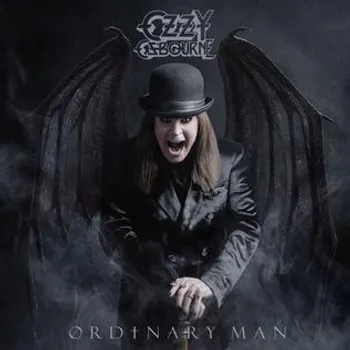
Ordinary Man (2020)
- Producer: Andrew Watt
- Recorded: 2019
- Location: Various home studios in Los Angeles
- Equipment: Pro Tools, blend of vintage and modern gear
- Technique: Collaborative approach with various guest musicians, quick recording process

Patient Number 9 (2022)
- Producer: Andrew Watt
- Recorded: 2021-2022
- Location: Various studios in Los Angeles and Nashville
- Equipment: Mix of analog and digital recording techniques
- Technique: Emphasis on capturing live performances from guest musicians
The recording arc across these albums tracks with the technology of each era: Black Sabbath and early solo records on 8- and 16-track analog gear with minimal overdubs; the 1980s Blizzard/Diary sessions moving to 24-track SSL setups with heavy guitar layering; the 1990s–2000s transition to Pro Tools and MIDI; and the Andrew Watt-produced records going back to a more live-feel collaborative approach. The vocal stays recognizably Ozzy across all of it.
Awards and Accolades
Throughout his career, both as a solo artist and as a member of Black Sabbath, Ozzy Osbourne has received numerous awards and honors. Here’s a list of some of his most significant accolades:
Grammy Awards
- 1994: Best Metal Performance for “I Don’t Want to Change the World” (Live version)
- 2014: Grammy Lifetime Achievement Award (as a member of Black Sabbath)
Ivor Novello Awards
- 2005: Lifetime Achievement Award
Kerrang! Awards
- 2002: Kerrang! Icon Award
- 2004: Kerrang! Legend Award
Metal Hammer Golden Gods Awards
- 2005: Golden God Award
Classic Rock Roll of Honour Awards
- 2008: Living Legend Award
MTV Europe Music Awards
- 2014: Global Icon Award (as a member of Black Sabbath)
UK Music Hall of Fame
- 2005: Inducted as a member of Black Sabbath
- 2006: Inducted as a solo artist
Rock and Roll Hall of Fame
- 2006: Inducted as a member of Black Sabbath
UK Music Hall of Fame
- 2005: Inducted (with Black Sabbath)
Hollywood Walk of Fame
- 2002: Star on the Hollywood Walk of Fame
Birmingham Walk of Stars
- 2007: Star on the Birmingham Walk of Stars
Guinness World Records
- 2010: Longest scream by a crowd (110 decibels)
Classic Rock Awards
- 2015: Album of the Year (for Black Sabbath’s “13”)
NME Awards
- 2004: Godlike Genius Award
These awards represent just a portion of the recognition Ozzy has received over his long and influential career. They reflect his significant impact on rock and metal music, both as a solo artist and as a member of Black Sabbath. Ozzy’s contributions to music have been celebrated across multiple decades and by various organizations within the industry.
Famous Mixing Techniques & Approaches
Throughout Ozzy Osbourne’s career, various mixing techniques have been employed to create his signature sound. Here are some of the most notable approaches:
1. The “Wall of Sound” Approach
- Inspired by Phil Spector’s technique, this approach was used particularly in early Black Sabbath recordings and some of Ozzy’s solo work.
- Involves layering multiple instruments and vocal tracks to create a dense, powerful sound.
- Example: The thick, heavy sound on tracks like “War Pigs” from Paranoid.
2. Guitar Layering
- A technique heavily used in Ozzy’s solo career, especially with guitarists like Randy Rhoads and Zakk Wylde.
- Involves recording multiple guitar tracks and panning them to create a wide, immersive guitar sound.
- Example: The intricate guitar work on “Crazy Train” from Blizzard of Ozz.
3. Vocal Double-Tracking
- Ozzy’s vocals are often double-tracked to add thickness and power to his voice.
- This technique involves recording the same vocal line twice and layering them together.
- Example: The chorus of “No More Tears” showcases this technique effectively.
4. Use of Room Ambience
- Especially in earlier recordings, the natural reverb of the recording space was often used to add depth.
- This technique gives a more organic feel to the recordings.
- Example: The spacious sound on “Planet Caravan” from Paranoid.
5. Dynamic Contrast
- Mixing engineers often emphasize the contrast between quiet verses and loud choruses in Ozzy’s songs.
- This approach enhances the dramatic impact of the music.
- Example: The verse-chorus transitions in “Mama, I’m Coming Home” from No More Tears.
6. Prominent Bass Mix
- Ozzy’s music often features a prominent, clearly audible bass line in the mix.
- This adds depth and heaviness to the overall sound.
- Example: The distinctive bass line in “N.I.B.” from Black Sabbath’s debut album.
7. Use of Effects in Mixing
- Various effects like flanging, phasing, and chorus have been used to enhance Ozzy’s recordings.
- These effects add texture and interest to the sound.
- Example: The guitar effects on “Mr. Crowley” from Blizzard of Ozz.
8. Stereo Imaging Techniques
- Careful placement of instruments in the stereo field to create a wide, immersive soundstage.
- This technique became more sophisticated as recording technology advanced.
- Example: The expansive mix on “Shot in the Dark” from The Ultimate Sin.
9. Modern Digital Processing
- In more recent albums, digital processing has been used to enhance and tighten the sound.
- Techniques include drum sample reinforcement and precise editing.
- Example: The polished production on tracks from Ordinary Man.
10. Balancing Rawness and Polish
- Throughout Ozzy’s career, producers have aimed to balance the raw energy of his performance with a polished, professional sound.
- This approach maintains the excitement of live performance while ensuring radio-friendly production.
- Example: The production on “Perry Mason” from Ozzmosis strikes this balance well.
These mixing techniques and approaches have evolved over time, adapting to changing technology and musical trends. However, they have consistently aimed to support Ozzy’s powerful vocals and the heavy, melodic nature of his music. The result is a distinctive sound that has remained recognizable and influential throughout Ozzy’s long career.
Ozzy on Music and Musicianship
“I’m not a musician; I’m a performer. I can’t read music. I don’t know how to play any musical instruments. But I can perform.”
“We didn’t know we were making history. We were just four guys from Birmingham trying to make a living.”
Final Thoughts
The thing that’s easy to overlook in Ozzy’s catalog: the guitarists are doing most of the heavy lifting on the production side, and every major era has a completely different one. Randy Rhoads on Blizzard of Ozz and Diary of a Madman — classical training applied to metal, incredibly precise. Jake E. Lee on Bark at the Moon — more aggressive, more blues-inflected. Zakk Wylde starting with No Rest for the Wicked — the pinch harmonic and pentatonic approach that defined a whole aesthetic.
What Ozzy provides across all of it is the constant: the voice, the phrasing, the stage energy. He’s said himself that he can’t read music and doesn’t play instruments. From a production standpoint, that means every record is a collaboration with whoever’s in the room — and that’s probably why the catalog has so much range.
For anyone studying heavy metal production specifically, Blizzard of Ozz (1980) is the place to start. Max Norman at Ridge Farm, 24-track SSL, Rhoads’ guitar sound. It’s the record that defined what layered metal guitar was supposed to sound like coming out of the late-70s hard rock era.